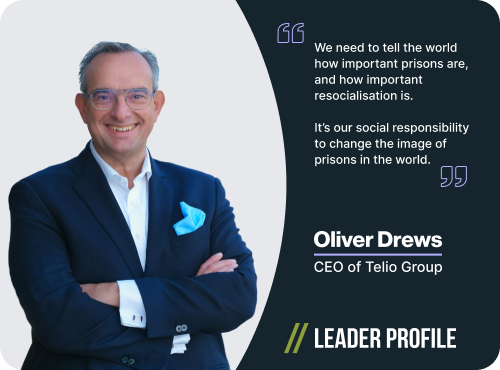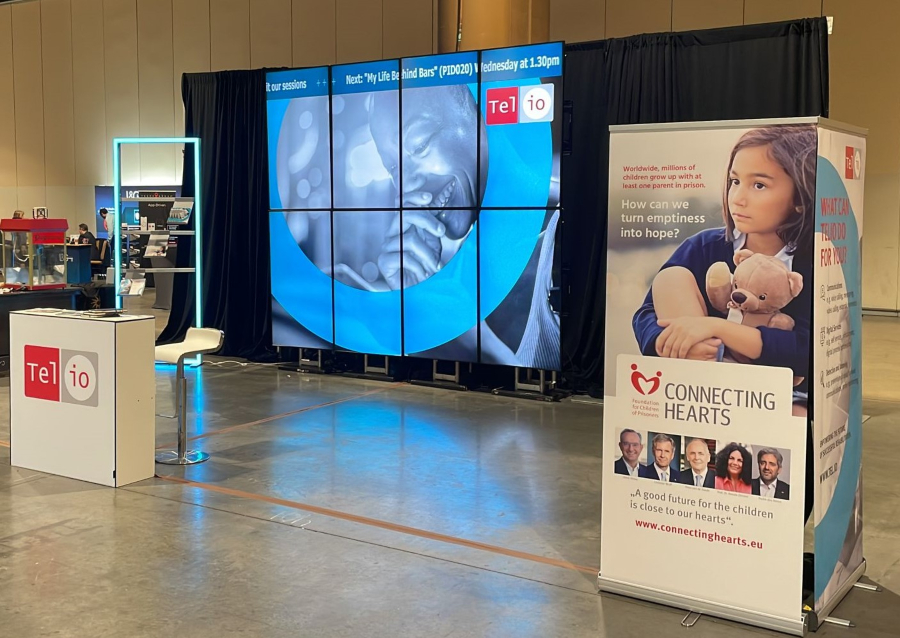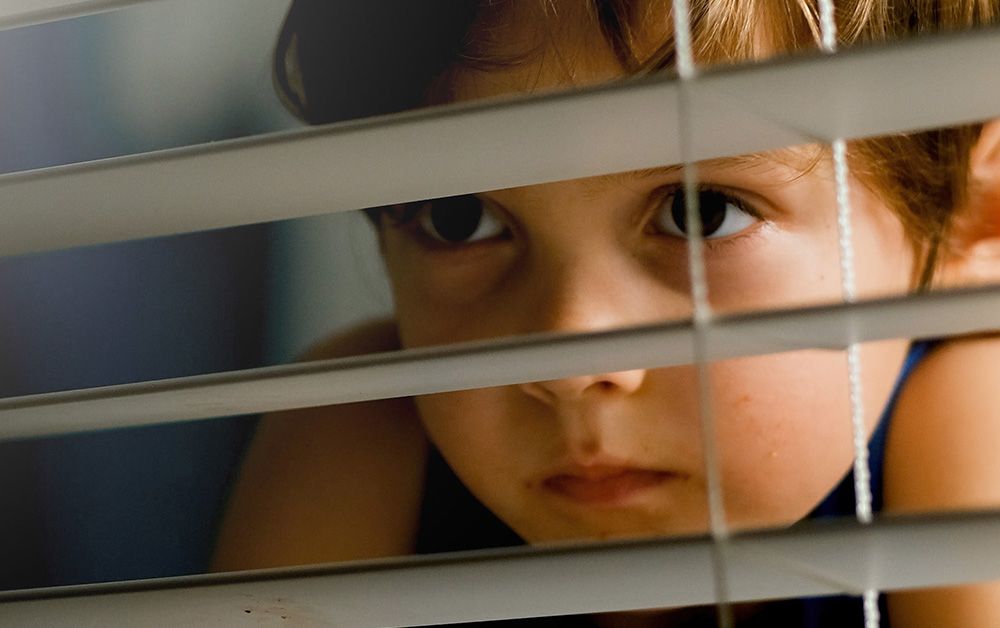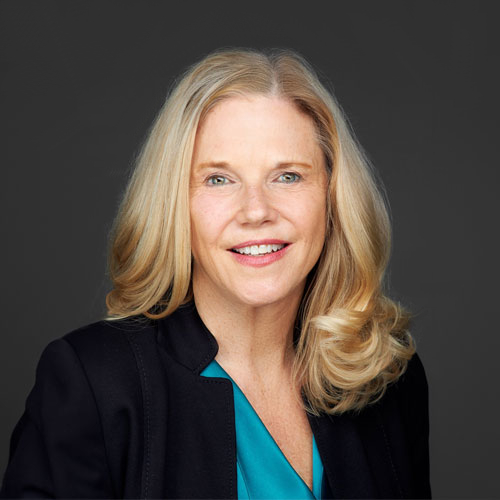
An inspiring look at the projects and contributions of leaders in the Justice sector
Welcome to the JUSTICE TRENDS // Leader Profile – Interview series, where we bring you the stories and insights of distinguished leaders in Criminal Justice worldwide.
Guest
Oliver Drews
CEO of Telio Group
At the core of the company is the belief that access to communication and information in correctional facilities is not a privilege but a basic need that plays a crucial role in inmates rehabilitation.

This is a multimedia interview
Tell us about the vision that made Telio a European leader in technology for the criminal justice sector.
Twenty-five years dedicated to supporting prison systems
Oliver Drews: This year we are celebrating our 25th anniversary, and I’ve been with Telio for nearly 20 years now. We were at that time a small start-up with around five employees providing telephony services to inmates in Hamburg. Back then, we were the first in this part of Europe, to deliver specialised systems tailored to the unique needs and requirements of prisons and inmates.
I had a clear vision from the start: I wanted Telio to be the leader in modernising the correctional landscape in Europe. And today, we have achieved that goal and more. We now operate in 23 countries, which is unmatched by any other company solely focused on prisons.
We are transforming the lives that we touch with our services and making societies stronger.
However, I always believed that by staying 100% focused on prisons, we can better understand and cater to the unique processes and challenges facing correctional facilities around the world. Thanks to this focus, today we have been able to expand our operations to Australia and Africa, and we are now entering the North American market.
At the same time, we can not forget about Team Telio, the people that allow us to be a pathfinder in our sector. They are the ones who are allowing Telio to make that difference. Working at Telio is more than a job but a calling to making a difference in our communities. I am proud of their professionalism and dedication to our cause. I want to thank them for all that they do. Telio is a family and have worked to realise that vision.

Telio has recently announced a new project for the digitalisation of the first German women’s correction facility. What does this transformation entail and what are its advantages?
Promoting efficiency and the normalisation principle
OD: This story began in 2006 when a German prison service requested a multimedia solution combining video, TV, radio, and other features.
Now they have to take the paper back to the cell, and so on, creating a huge waste of time, due to a completely inefficient process. Digital services make these tasks much more efficient, allowing more time to be dedicated to inmate rehabilitation.
From the perspective of taxpayers, in the long run, it’s much cheaper to digitise prisons, since more efficient processes are less expensive.
But it is more than that, this digital process begins to reflect our lives outside of prison. We are creating todays reality in the prison and this contributes to their successful reintegration.
The other consideration that can not be lost is the positive impact this has on prison staff. We know jurisdictions around the world are struggling to retain and attract new staff. The efficiencies highlighted above allow the staff to move their efforts away from tactical administrative work towards higher value add contributions. It creates greater job satisfaction and creates a more attractive work environment.
If you want to guarantee rehabilitation or resocialisation of an inmate, you have to mirror the environment of “the free world” in prison.
You’ve recently created the "Connecting Hearts" Foundation, which is dedicated to supporting the children of inmates. What drew your attention to this group and what are their central needs?
Shining a light on an overlooked demographic
Through the Connecting Hearts Foundation, I want to help projects around the world that support these children.
When you punish a father or a mother, then you’re punishing their children as well.
Get to know the organisation trying to make a difference in the lives of children of prisoners.
What is next for Telio?
A social responsibility to transform prison
We need to tell the world how important prisons and resocialisation are. It’s our social responsibility to change the image of prisons in the world.












